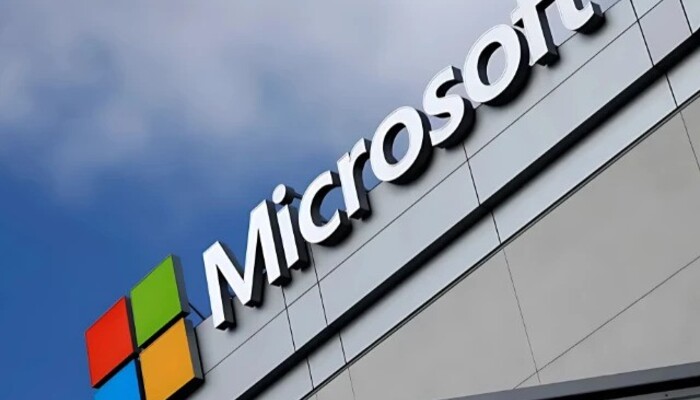Microsoft Pakistan closure has made headlines as the global tech firm shuts down its local office, laying off five employees. While some speculated a complete withdrawal, the company clarified it will continue operations remotely through its global network and local partners.
Local Office Closed, But Services Continue
The move came to light after Jawad Rehman, Microsoft’s former Pakistan head, shared a LinkedIn post announcing the shutdown. He stated the company had officially ended its on-ground presence in Pakistan. Confirming the decision, a Microsoft spokesperson said customers in Pakistan would now be served via nearby Microsoft offices and a robust partner ecosystem. The company employs similar models in other countries.
Read: Karachi Building Collapse: 16 Dead, Rescue Ongoing
Global Layoffs Driving Strategic Shift
This closure is part of Microsoft’s global layoffs and restructuring. The company recently laid off nearly 4% of its 228,000 global employees. Around 6,000 workers were affected in May alone. Microsoft plans to reduce management layers and streamline processes as it pivots toward artificial intelligence and more agile business practices.
From On-Premise to SaaS
According to tech expert Habibullah Khan, Microsoft’s shift reflects a larger trend in the tech industry—from traditional on-premise models to Software-as-a-Service (SaaS). In the on-premise model, companies pay once to run software on their infrastructure. But SaaS offers cloud-based services via subscription, reducing overheads and the need for physical offices.
As a result, Microsoft no longer needs a physical presence in every market. Its Pakistan office had already seen reduced staffing, with most operations managed from abroad or by local partners.
Not a Full Exit
The Ministry of IT and Telecommunications said Microsoft’s decision shouldn’t be seen as an exit but a transformation to a partner-led, cloud-first strategy. The move aligns with Microsoft’s AI and SaaS-focused future rather than reflecting negatively on Pakistan’s tech landscape.
In contrast to companies like Careem, which are ending local operations entirely, Microsoft will maintain its presence through digital channels—highlighting the global shift toward virtual service delivery.
Follow us on Instagram, YouTube, Facebook,, X and TikTok for latest updates
